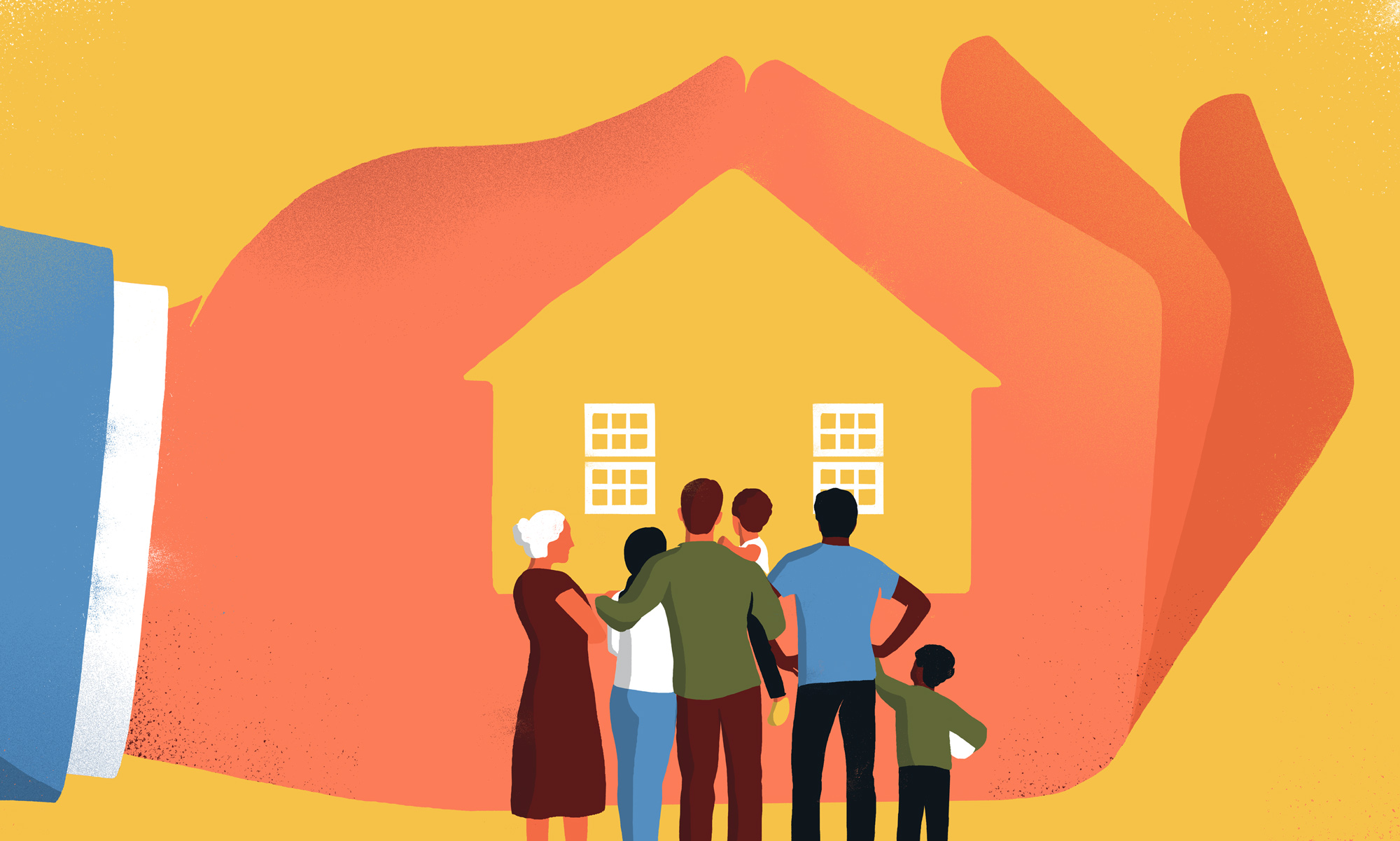Your Guide to Affordable Homeownership: A Comprehensive Guide for Prospective Homebuyers
Your Guide to Affordable Homeownership: A Comprehensive Guide for Prospective Homebuyers
Blog Article
Economical Homeownership Options for First-Time Homebuyers
As the housing market continues to progress, first-time property buyers encounter special challenges in protecting economical homeownership choices. These efforts not only help with homeownership however likewise foster neighborhood stability and financial development.
Federal Government Aid Programs
Government aid programs play a vital function in making homeownership possible for many individuals and family members. These programs intend to ease the monetary worry related to acquiring a home, particularly for newbie customers. By supplying monetary help, gives, and tax obligation rewards, federal government initiatives aid connect the gap in between rising housing expenses and the buying power of prospective property owners.
Numerous programs are offered at the government, state, and regional levels. The Federal Real Estate Administration (FHA) supplies insurance coverage on fundings, enabling lending institutions to supply more favorable terms, such as reduced down payments and lowered interest rates. In addition, state and neighborhood governments typically have their own efforts, which might include down settlement help programs, buyer education and learning programs, and positive home mortgage terms.
These programs are created to resolve the one-of-a-kind obstacles encountered by low- to moderate-income families, consisting of restricted financial savings and credit rating. By cultivating a setting where homeownership is a lot more accessible, government help programs not only support private ambitions however also add to community stability and financial growth. Recognizing and making use of these sources can substantially enhance the leads of successful homeownership.
Low-Down-Payment Home Loans
For several aspiring house owners, low-down-payment home loans provide a feasible path to homeownership, especially in today's difficult housing market. These home loan choices generally need deposits varying from 3% to 5%, making it simpler for newbie purchasers to enter the marketplace without the worry of conserving for a significant down repayment.
Different lenders offer low-down-payment programs, consisting of conventional finances backed by Fannie Mae and Freddie Mac, along with government-backed alternatives like FHA car loans. These home mortgages are made to suit people with restricted savings while still giving competitive interest rates. Significantly, they allow purchasers to keep even more money for various other vital expenditures, such as moving prices, home assessments, and possible remodellings.
However, potential homeowners need to bear in mind the compromises connected with low-down-payment home mortgages. A smaller sized deposit might lead to greater month-to-month settlements and the requirement of exclusive home mortgage insurance policy (PMI), which protects lenders in case of default. It is essential for newbie purchasers to conduct comprehensive study and seek advice from with home mortgage professionals, guaranteeing they select a low-down-payment option that lines up with their long-term monetary objectives.
First-Time Buyer Grants
Several first-time property buyers locate that gives can considerably relieve the economic burden of buying a home, matching low-down-payment home mortgage alternatives. These gives, usually provided by state and neighborhood governments or non-profit companies, offer financial aid that does not call for payment, making them an eye-catching choice for those getting in the housing market.
Eligibility for new property buyer gives usually relies on income, creditworthiness, and the purchase price of the home. Several programs are designed to help reduced- to moderate-income households, guaranteeing that support reaches those that need it most. The application procedure commonly involves paperwork of economic condition, homebuyer education training courses, and often even a dedication to remain in the home for a certain period.
The quantity useful differs widely, with some grants providing several thousand dollars to aid cover shutting prices or down settlements. Researching offered grants in your area is vital, as programs frequently change and may have specific needs. By leveraging these funds, first-time homebuyers can make homeownership much more click site easily accessible, inevitably accomplishing their imagine possessing a home while alleviating the preliminary monetary stress.
Innovative Neighborhood Initiatives
Ingenious area initiatives are playing a crucial duty in broadening cost effective homeownership alternatives for citizens. These initiatives typically entail joint efforts in between regional federal governments, charitable organizations, and economic sector stakeholders to create sustainable housing services customized to community demands.
One noteworthy technique is the establishment of useful link area land trust funds (CLTs), which allow locals to buy homes while the land continues to be possessed by the trust. This version assists maintain price in time and protects against speculative cost increases. In addition, CLTs typically offer academic sources and assistance services to equip first-time property buyers.
One more reliable campaign is the development of mixed-income real estate tasks, which blend budget-friendly devices with market-rate homes. This strategy promotes inclusive neighborhoods and reduces the preconception frequently associated with low-income real estate. Local federal governments are progressively supporting zoning reforms to promote the building and construction of accessory residence units (ADUs), which can provide added rental income for home owners while raising real estate accessibility.

Tips for Budgeting and Saving

Next, establish a committed interest-bearing account specifically for your future home acquisition. Objective to save a percentage of your income consistently, preferably 20% check my reference or even more, to develop a substantial deposit. Utilize automation devices, such as straight down payment or automated transfers, to make conserving less complicated and a lot more consistent.
In addition, consider taking on the 50/30/20 policy: allot 50% of your revenue to needs, 30% to desires, and 20% to savings and financial obligation settlement - Affordable Homeownership. This approach promotes well balanced economic health and wellness

Final Thought
In recap, budget friendly homeownership choices for novice homebuyers encompass different sources such as government help programs, low-down-payment home mortgages, and gives. By leveraging these financial devices, people can browse the complexities of homeownership, eventually adding to an extra equitable real estate landscape.
As the real estate market proceeds to develop, newbie buyers encounter distinct challenges in safeguarding budget-friendly homeownership choices. By fostering an environment where homeownership is much more accessible, government aid programs not only sustain specific goals yet additionally add to community security and economic development. By leveraging these financial resources, novice property buyers can make homeownership more available, ultimately attaining their dream of owning a home while reducing the preliminary economic stress.
In recap, cost effective homeownership choices for first-time homebuyers encompass various sources such as government support programs, low-down-payment home loans, and gives. By leveraging these economic tools, people can navigate the complexities of homeownership, ultimately adding to a much more fair housing landscape.
Report this page